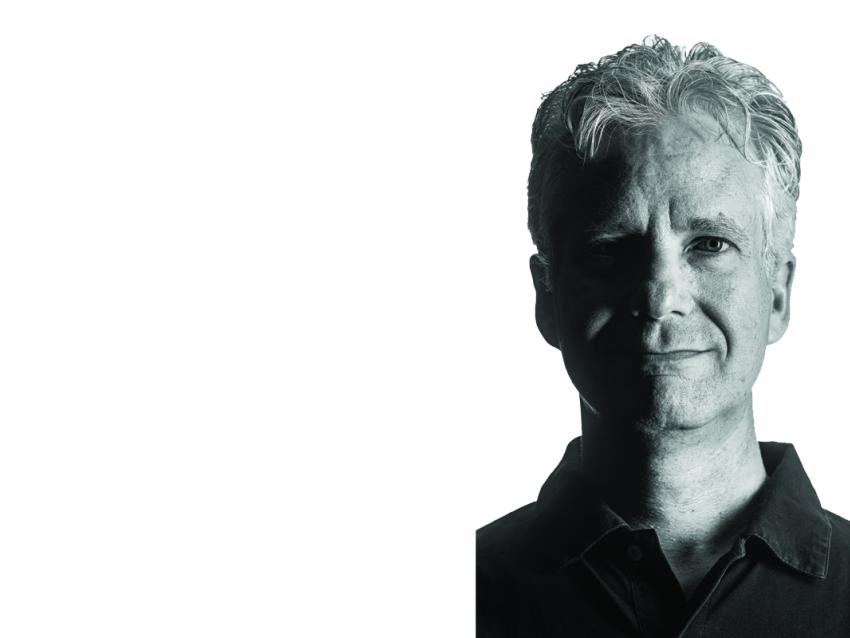
Shining a Light on Cancer & Health Inequities Part IV: Dr. Ty Borders & Rural Populations
Dr. Ty Borders says throughout his career he has been particularly interested in the differences between how residents of cities and rural areas access health care.
“If we can figure out how to improve the organization and delivery of health care, we can improve the health of these populations,” he says.
Oftentimes, people assume residents of rural areas have a tougher time accessing health care. Dr. Borders notes that this is not always the case. Sometimes, difficulty finding care close to home may depend more on their specific condition, such as colon cancer, the third-leading cause of cancer-related deaths in the United States.
Dr. Borders is currently involved in a new research study with the American Board of Family Medicine on colorectal screening.
“They have a very unique data set in which they collect information from several hundred family physician practices across the nation about their patients receiving recommended services, including colorectal screening,” he says. “So we’re currently working with ABFM to examine rural and urban differences in whether patients receive recommended colorectal screening.”
The focus is on family practices. “We didn’t really have very good information from actual family care practices about the degree to which their patients are receiving recommended cancer screenings,” he said.
Dr. Borders is also involved in research on follow-up care among cancer survivors and whether there is a difference between that care in rural and urban areas.
“We are looking at what kind of care people are receiving after they complete their cancer treatment, whether surgery and/or chemotherapy, because there are recommendations about continual follow-up services to monitor and protect patients and potentially detect whether cancer has returned, “he says. “And also to make sure people have adequate access to other types of services, such as those related to pain or psycho-social services related to their cancer or their cancer treatment.”
Read this full six-part series: Shining a Light on Health Inequities & Cancer: Nurse researchers are helping vulnerable populations battle the deadly disease
